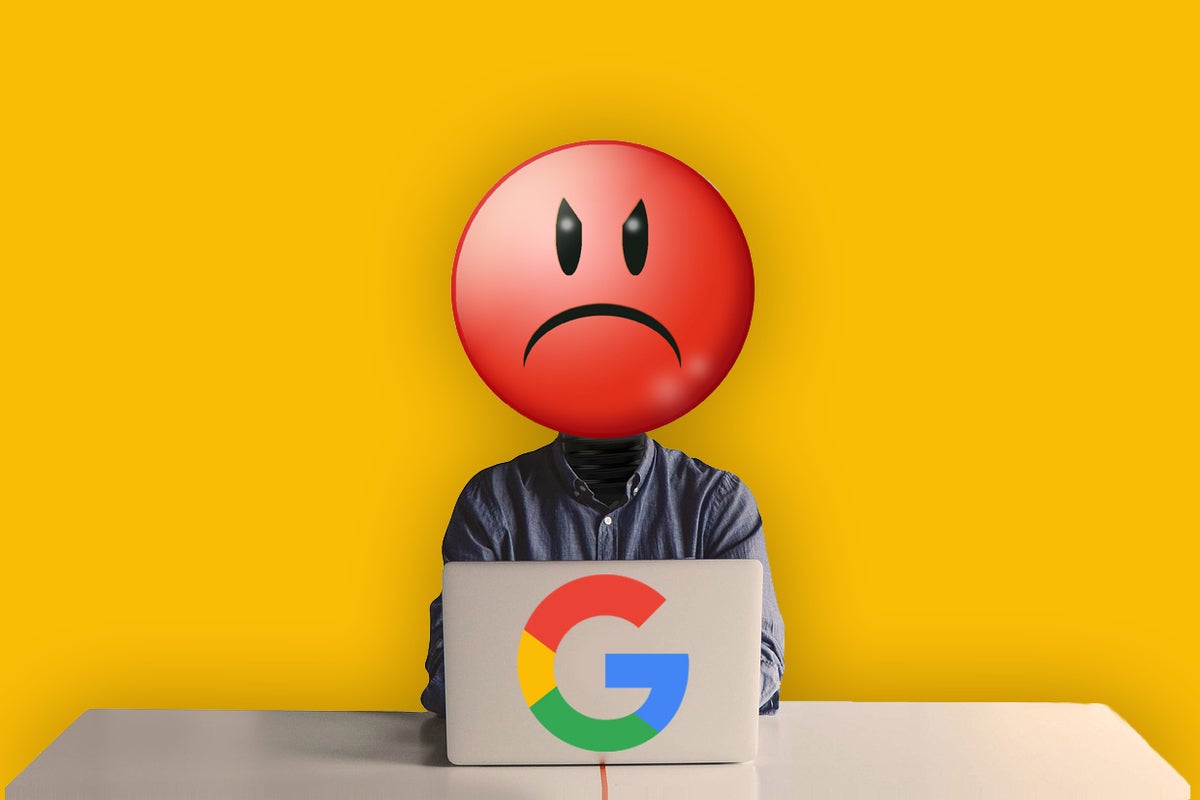3 exceptional Android privacy power-ups

In many ways, privacy has become a bit of a conceptual buzzword — something that, similar to the AI craze of the moment, is as much about marketing a broad idea to people as it is anything specific or practical.
But all opportunistic hype aside, privacy absolutely does matter — once you dig in past that silly outer layer and actually think about what, exactly, you want to achieve. And here in the land o’ Android, you’ve got plenty o’ potential-packed possibilities to ponder.
Today, I want to draw your attention to one area where a teensy bit of effort can give you an awful lot of added privacy advantages — and that’s in the ever-evolving domain of web browsing on your favorite Android gadget.








